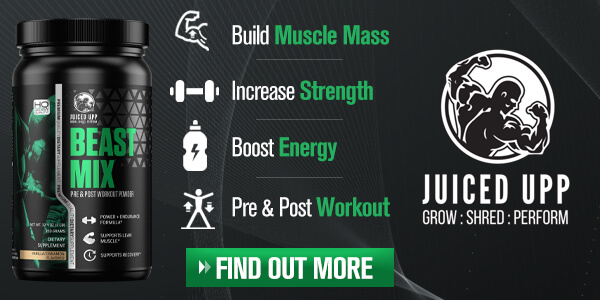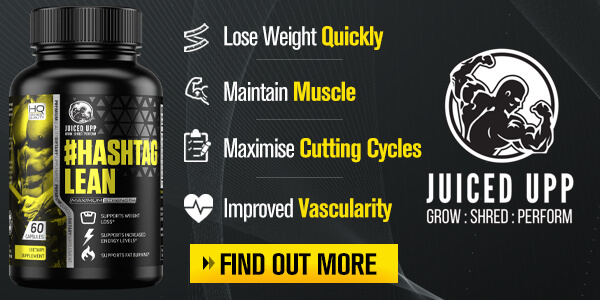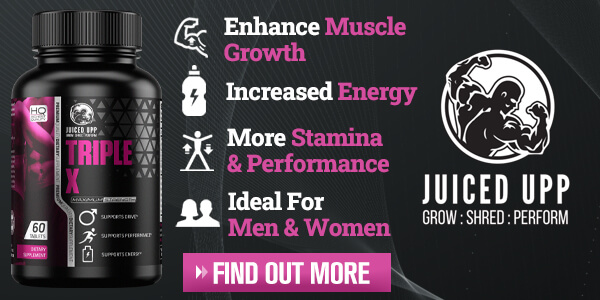40 High Protein Foods List
For Muscle Gain and Weight loss.

Table of Contents
ToggleLifting weights and consuming protein work hand in hand—or, more accurately, hand on a shaker bottle. To obtain a comprehensive range of amino acids and nutrients, you need to eat a diet rich in protein.
Exercise, particularly strenuous exercises, causes microscopic damage within the working muscles’ cells, which are made up of proteins. The protein you eat provides the building components for your muscles.
Here is your entire high-protein foods list. If you want to improve your protein consumption using the greatest protein sources for weight loss and muscle building.
Foods listed in this are high in protein and low in carbohydrates, so you may enjoy them without compromising your progress.
What is protein?
Proteins are large, complex molecules that perform numerous critical functions in the human body.
They are required for the structure, function, and regulation of the body’s tissues and organs, and they perform the majority of the work in cells.
Protein is composed of around twenty fundamental building units known as amino acids.
Because we cannot retain amino acids, our systems produce them in two ways, from scratch or by modifying others.
The essential amino acids, which include histidine, isoleucine, leucine, lysine, methionine, phenylalanine, threonine, tryptophan, and valine, must be obtained from food.
Why protein is good for you?
Protein is an essential component of bones, muscles, cartilage, and skin. Protein makes up the majority of your hair and nails.
It is used by your body to build and repair tissue.
A protein molecule found in red blood cells transports oxygen throughout the body. This aids in supplying your complete body with the nutrition it requires.
About half of the dietary protein you ingest each day is used to create enzymes, which aid in digestion and the formation of new cells and body components.
Protein is essential for hormone regulation, particularly during cell transformation and development throughout puberty.
How Much Protein Do I need?
Adults should intake 0.8 grams of protein per kilogram of body weight, which amounts to 46 to 56 grams for most adult men and women. Protein requirements for athletes vary depending on activity level, body size, and other factors.
The Dietary Guidelines for Americans, developed by the United States Departments of Agriculture and Health and Human Services, recommend the following daily protein intakes for various age groups:
| Age Group | Protein Requirement (Gms/Day) |
|---|---|
| Age 1 - 3 | 13 |
| Age 4 - 8 | 19 |
| Age 9 - 13 | 34 |
| Age 14 - 18 (Girls) | 46 |
| Age 14 - 18 (Boys) | 52 |
| Age 19 - 70+ (Women) | 46 |
| Age 19 - 70+ (Men) | 56 |
5 Key benefits of High Protein Foods
1. Boosting Metabolism – Along with reducing appetite, eating protein temporarily boosts metabolism. The body uses energy to digest and make use of the nutrients in food. This is called the thermic effect of food (TEF), and protein’s thermic effect is much higher than at of carbohydrates and fat.
2. Preventing muscle loss –protein is the building block of your muscles, eating adequate amounts of protein helps maintain your muscle mass and prevents muscle wasting. So if you walk a lot, enjoy cycling, or do any sort of exercise to stay active, you need to eat protein.
3. Building Lean muscle – Protein consumption not only helps to prevent muscle breakdown but can also help to develop and strengthen muscles. Regular activity and exercise, combined with a high protein intake, increase muscle growth and strength.
supporting in the maintenance of a healthy weight
4. Stopping hunger – Protein’s ability to suppress appetite and hunger levels can assist reduce calorie consumption – an important factor for people trying to lose weight.
5. Accelerating healing from the activity and/or injury -Protein is the primary structural component of your tissues and organs. A high-protein diet can help your body heal faster after an accident.
Protein-Rich diet, a perfect way for Weight Loss?
Eating a protein-rich diet can help people lose weight because it can help them avoid overeating. A high protein diet can help build lean muscle when combined with exercise.
Lean muscle helps to burn more calories throughout the day, which can also help with weight loss.
Additional protein may be required in women during the pregnancy period and lactation period, Discuss with your doctor.
What are the Food sources of Protein?
To build your blocks, you can obtain your Protein from many sources. Here we have a categorized high protein foods list.
1. High protein Dairy and Eggs
2. High protein seafood.
3. High protein meats.
4. High protein plant-based foods.
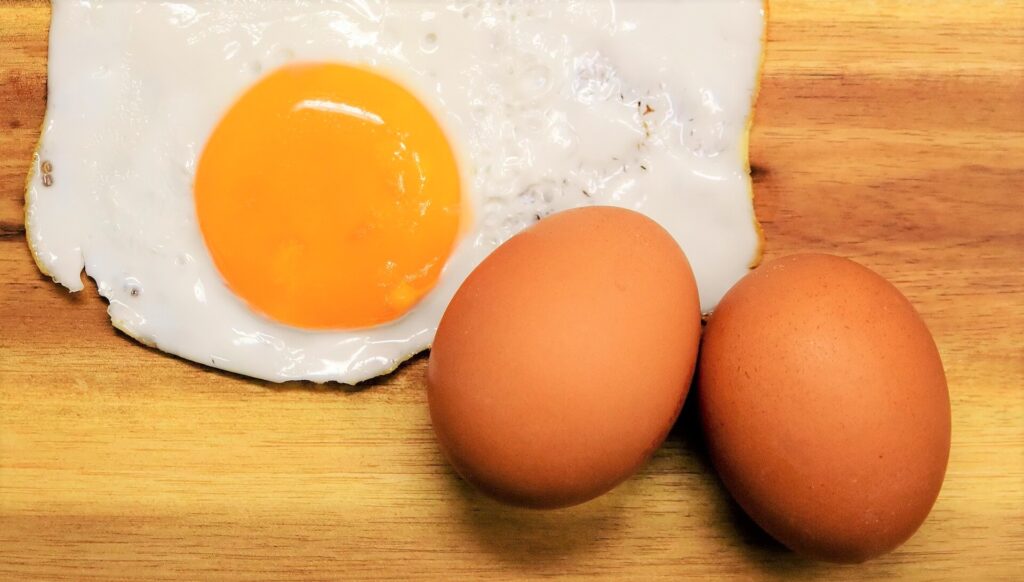
High-Protein Dairy And Eggs
Protein levels in Eggs and milk are comparable, with eggs providing slightly more. A serving of two big eggs contains almost 13 grams of dietary protein, while one cup of low-fat milk delivers around 8 grams of protein.
1. Eggs – 6 g per large egg
2. Greek yogurt – 23 g per 8 oz.
3. Cottage cheese – 14 g per 1/2 cup
4. Swiss cheese – 8 g per oz.
5. 2% milk – 8 g per cup
6. Whey or casein protein powder – 24-30 g per scoop
7. Protein drinks (RTD)- 16-20 g per cup
8. Frozen Greek yogurt – 6 g per 1/2 cup
Muscle building people are targets Protein powders and Ready to drink protein drinks in recent days.
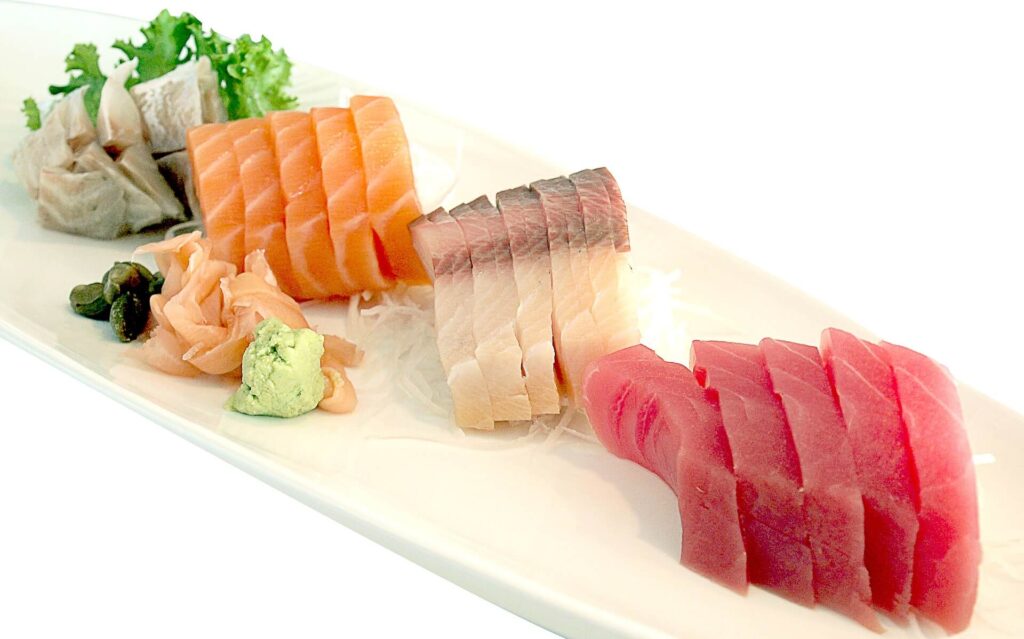
High-Protein Seafood
Seafood is essential for ensuring that your body receives the nutrients it requires to function and develop healthily.
It’s also a sure-fire strategy to get stronger because protein plays an important role in your body’s recovery after exercise.
9. Chunk light tuna – 22 g per 3 oz.
10. Yellowfin tuna – 25 g per 3 oz.
11. Halibut – 23 g per 3 oz.
12. Octopus – 25 g per 3 oz.
13. Sockeye salmon – 23 g per 3 oz.
14. Tilapia – 21 g per 3 oz.
15. Anchovies – 24 g per 3 oz.
16. Sardines – 21 g per 3 oz.
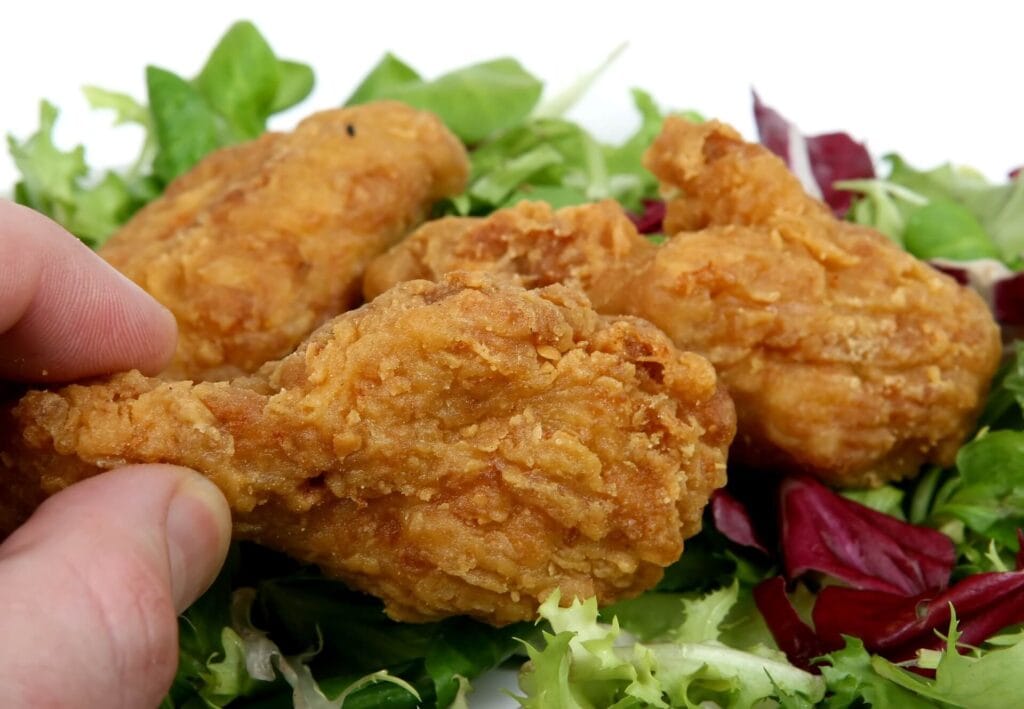
High-Protein Meats
Completed packed with more essential amino acids, Meats are high in protein.
17. Chicken breast – 24 g per 3 oz.
18. Steak – 23 g per 3 oz.
19. Ground beef – 18 g per 3 oz.
20. Pork chops – 26 g per 3 oz.
21. Turkey breast – 24 g per 3 oz.
22. Corned beef – 24 g per 3 oz.
23. Canned chicken – 21 g per 3 oz.
24. Roast beef – 18 g per 3 oz.
25. Canadian bacon – 15 g per 3 oz.
26. Chorizo – 21 g per 3 oz.
27. Pepperoni – 18 g per 3 oz.
28. Roasted turkey breast – 18 g per 3 oz.
29. Beef jerky – 13 g per 1 oz.
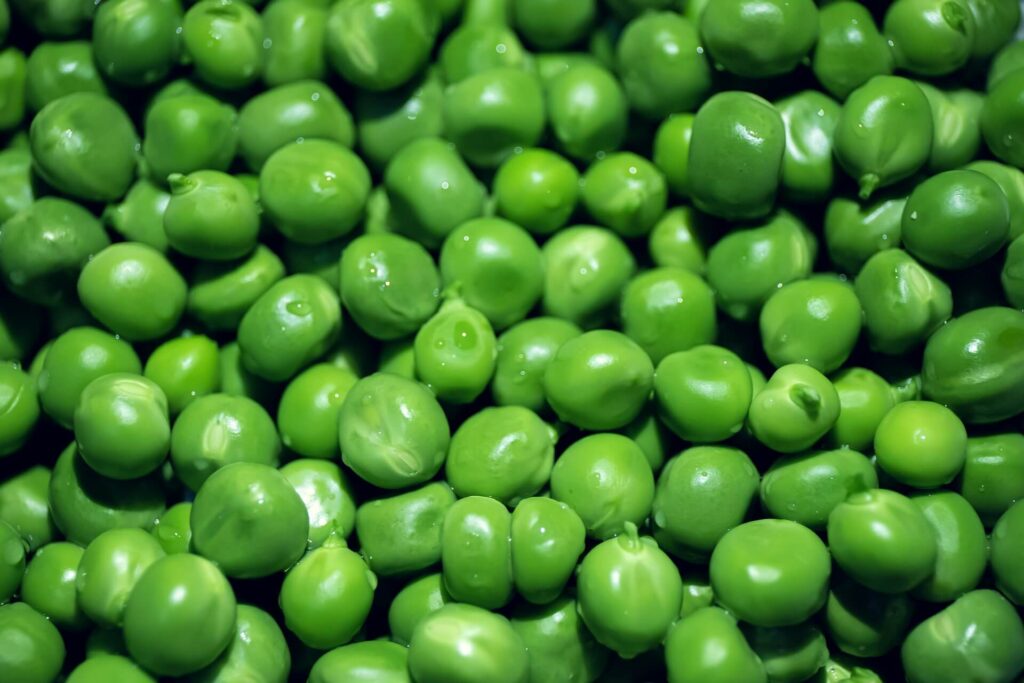
Plant-Based High-Protein Foods
Plant-based protein sources are higher in unsaturated fats, which decreases LDL cholesterol, a known risk factor for heart disease.
Furthermore, plant sources do not include cholesterol. Other factors are likely to play a role in the lower risk, but this is a critical factor.
30. Peanut Butter – 8 g per 2 tbsp
31. Quinoa – 8 g per cup
32. Navy beans – 20 g per cup
33. Lentils – 13 g per 1/4 cup
34. Mixed nuts – 6 g per 2 oz.
35. Bean chips – 4 g per 1 oz.
36. Tofu – 12 g per 3 oz.
37. Edamame – 8 g per 1/2 cup
38. Green peas – 8 g per cup
39. Wheat germ – 6 g per 1 oz.
40. Soba noodles – 12 g per 3 oz.
Ready to eat Protein-rich food? which one is yours?
Are you going to have Protein for Muscle or weight loss?
How much protein is in 1 egg?
1 Large Size Egg(50gms) contains 6 grams of protein.
How much protein is in 2 eggs?
2 Large Size Eggs Contain 13 grams of protein.
How much protein is in 3 eggs?
3 Large Size Eggs Contain 19 grams of protein.
How much protein is in 4 eggs?
4 Large Size Eggs Contain 25 grams of protein.
How much protein is in 5 eggs?
5 Large Size Eggs Contain 31.5 grams of protein.
How much protein is in 6 eggs?
6 Large Size Eggs Contain 38 grams of protein.
How much Protein is in 3 oz chicken breast?
27 grams of protein in 3 oz chicken breast (Cooked).
How much protein is in 5 oz chicken breast?
44 grams of protein in 5 oz chicken breast (Cooked).
How much protein is in 6 oz chicken breast?
53 grams of protein in 6 oz chicken breast (Cooked).
How much protein is in 8 oz chicken breast?
70 grams of protein in 8 oz chicken breast (Cooked).
How much protein is in 1 chicken breast?
37 grams of protein in 1 chicken breast(120g-Cooked).
#highproteinfoodslist #eatprotein #highproteineating #proteinpackedfoods #powerpackedproteins #besthighproteinfoods #completeproteinfoods#healthyhighprotienrecipes #veganhighproteinfoods #eatmoreproteinfornutrition#plantbasedproteinfeedsmuscles#learnaboutgettingenoughprotein #highproteindiets #versatileandnutritiousHighProteinFoods


